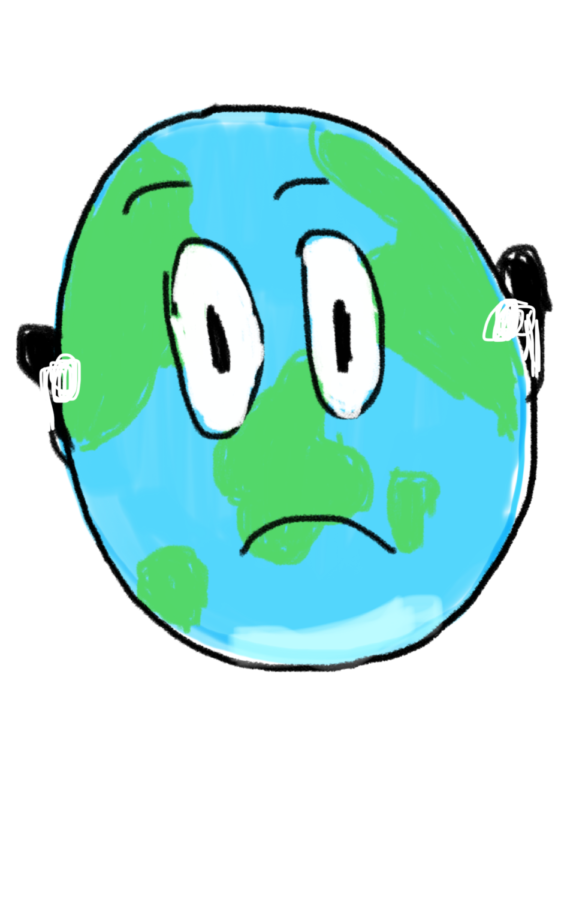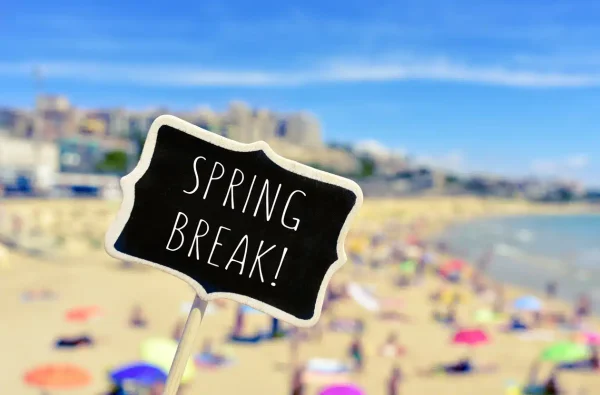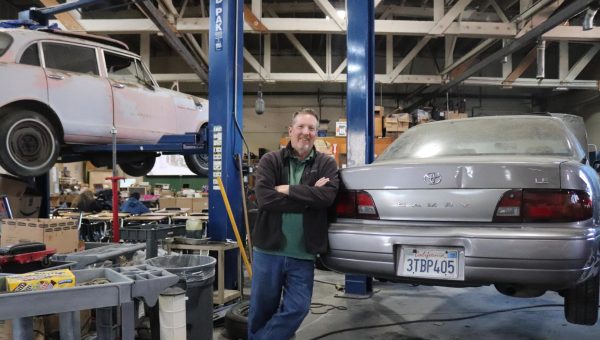The Last Straw
3 MIN READMore people are becoming increasingly aware of and are realizing the severity of climate change. It has become a trend to be more eco-friendly, as social media outlets have had an influx of posts advocating for a healthier earth. Additionally, artists such as “Lil Dicky” have began to make songs to further educate and promote the abolition of toxic practices that degrade our planet’s health. With this widespread attention, however, the actual importance of reversing climate change isn’t emphasized, and instead the smaller less useful things are all people can seem to worry about.
Just recently, people blew up social media platforms speaking against the use of plastic straws in response to plastic polluting the oceans. From screen to screen, it appears fashionable to whip out a reusable straw at restaurants. This has given participators the illusion that the solution to such an intricate topic is easy. Unfortunately, this transition to sustainable straws has become more of a craze that people want to join in on, and they don’t seem to notice the plastic cup that they are putting the straw into also has the potential to pollute the environment.
“Whenever I’m watching a vlog [on Youtube] the vlogger is always so happy to show off how they’re environmentally conscious because they’re using a reusable straw. And yes, that’s great and all, but then when they go and put these straws in non-reusable plastic cups they’re essentially not accomplishing anything.” Tina Lagerblad, an active internet user, said.
Most don’t actually realize the complexity of the issue and will just join the bandwagon according to what is popular, often assuming that someone else will actually resolve the issue. Many continue to live their lives normally, unaware that many of their unintentional actions can negatively affect the environment. The true significance of being environmentally aware isn’t largely broadcasted, so no one genuinely understands how small decisions can lead to irreversible effects. For example, Apple’s latest bluetooth headphones, AirPods, took the world by storm, especially in the Silicon Valley where everyone ditched the older options for the new wireless ones. It didn’t take long until this expensive product was all that anybody ever wanted, due to it being a symbol of class and wealth. Consumers are swayed into buying unnecessary items once they’ve become popular as a way to fit in with society. Social media was flooded with memes treating AirPods users like celebrities. Additionally, the company itself removed the headphone jack on their newest iPhones, practically forcing users to invest in AirPods.
“I would probably still buy them [airpods] because I don’t usually look to see how bad something is for the environment before buying it,” Victoria Watt, an avid airpod user, said.
While the hype behind AirPods is understandable, many don’t realize that the practice of trading in the old, tangly, wired headphones for new ones is leading to an environmental disaster. According to Vice, these AirPods are made of Lithium-ion batteries that will eventually run out of charge. Once dead, they cannot be repaired, due to all the materials being compressed together during production. They also cannot be thrown out or recycled, as it can be a fire hazard, so they becomes E-waste that is insanely tough to safely and efficiently dispose of.
“Even if you only own AirPods for a few years, the Earth owns them forever. When you die, your bones will decompose in less than a century, but the plastic shell of AirPods won’t decompose for at least a millennium” Caroline Haskins, the author of this Vice piece, said.
This is just one small issue that we need to focus on. Every little thing impacts the environment, and once all these pieces fit together in their respective areas, we see the bigger picture: global warming. Unfortunately, no one talks about this impending reality or is conscious about how little purchases such as AirPods can contribute to climate change. The only we can make a change is by being aware of the individual choices we make — both big and small. The earth can’t fulfill all the desires in the world but it can fulfill all the needs if we treat it right.
“Valuing short term convenience over long term impacts is a common mindset in our society that is extremely detrimental and one that I try to avoid” Paly junior Kiana Tavakoli, said.
People cannot choose to focus on one aspect of environmental health while disregarding every other issue. With this mentality, the world’s well-being will continue to degrade beneath our feet. Being environmentally conscious should not be a fad; it should become a directive that we must continuously be aware of.








